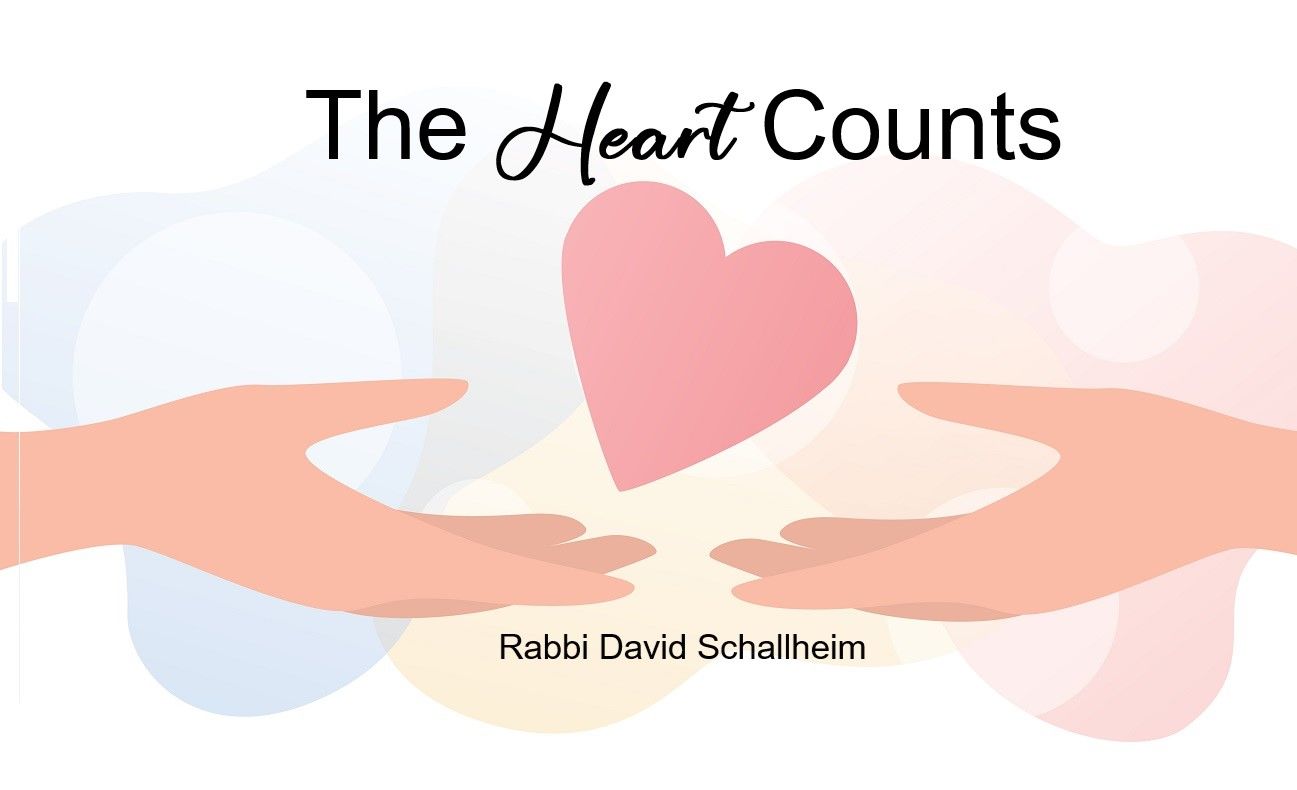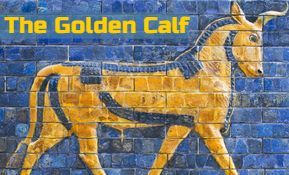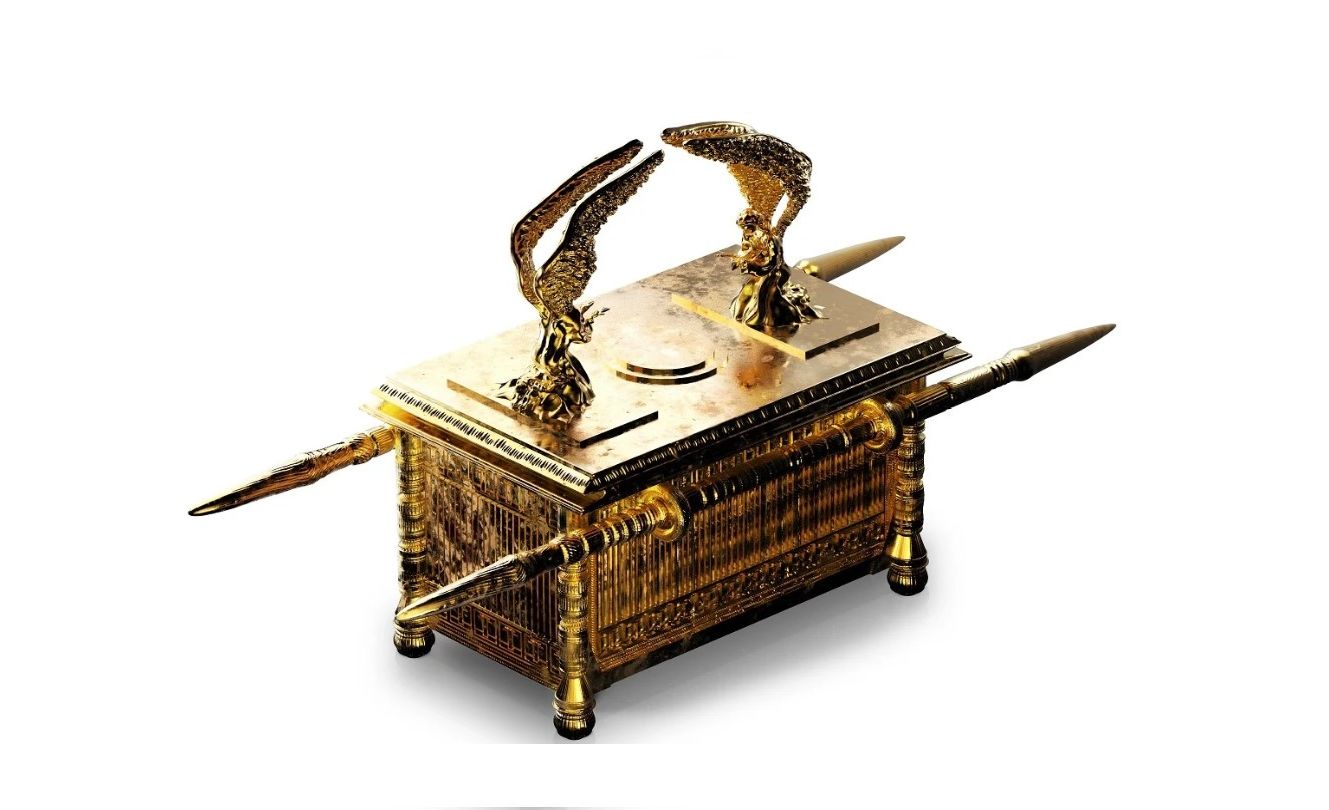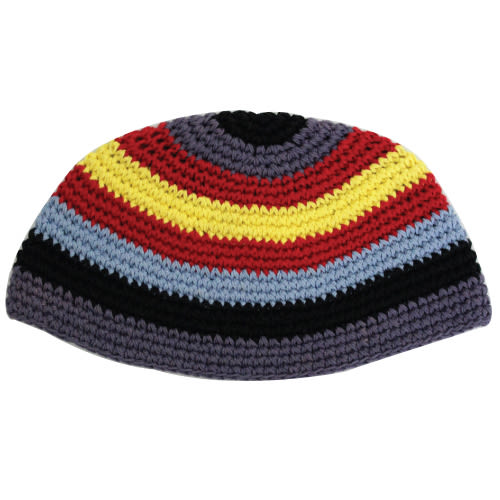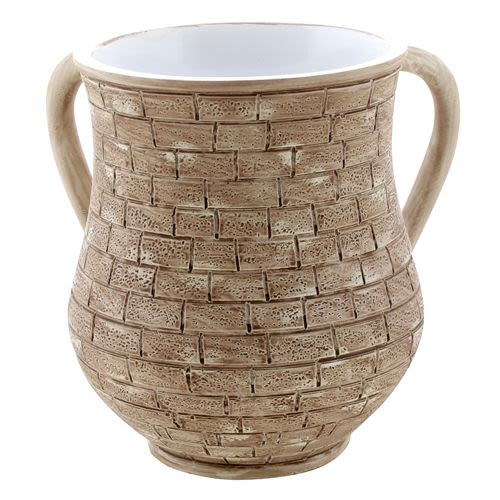
Haazinu: The Rock of Israel
When justice is rendered in a human court, it will unavoidably affect others. The court cannot abandon justice for the sake of mercy…

Perfect Justice
On Rosh Hashanah, the Day of Judgment, we woke up to the call of the Shofar. Our eyes were opened and we became aware of our precarious situation. We awaited the final sealing of our judgment on Yom Kippur, the conclusion of the Days of Judgment. The Book of Life lies open – who will live and who will die, who will be rich and who will be poor. The Ten Days of Repentance are here, a tremendous opportunity to turn ourselves around. What can we do to insure a good judgment?
Not surprisingly, the key is in this week’s Parshah:
“The Rock! – perfect is His work, for all His paths are justice; a God of faith without iniquity, righteous and fair is He” (Devarim 32:4).
Maasei l’Melech cites Rabbi Yisrael Salanter’s explanation of this verse. Normally, when a man breaks the law he is brought before a judge, and the judge sentences him based on the law of the land. If he is sentenced to twenty-five years in jail, for example, we understand how this would affect not only him but also his entire extended family.
The convicted man’s poor old parents would come crying to the judge, begging for a reprieve. Their plaintive plea would arouse our compassion; he was their sole support. “We’re totally innocent. If our son is jailed for twenty-five years, who will take care of us in our old age?”
Following them, the man’s wife, with their numerous children, would file into the courtroom. She would wail about her misfortune, pleading with the judge, “What wrong did we do? Look at these innocent children! How can we possibly survive with our sole breadwinner sitting in jail? You must set him free for the sake of our family!”
Although their claims are righteous and true, the judge has no authority to change the sentence. When justice is rendered in a human court, it will unavoidably affect others. The court cannot abandon justice for the sake of mercy; it is impossible for a judge to render a true verdict without anyone else being affected besides the offender.
This, however, is not the justice of the Almighty. “The Rock! – perfect is His work” (Ibid.). When Hashem brings suffering or hardship upon a person He is “perfect in His work.” No guiltless party suffers even a hair’s breadth. If an innocent person would have to suffer unnecessarily because of another’s sins, then Hashem forgives his transgression and doesn’t punish him. He will not allow any blemish in the perfection of His justice.
Based on this perception of Hashem’s justice, Rabbi Eliyahu Lopian gave powerful advice on how to insure a favorable judgment on Rosh HaShanah and Yom Kippur. If we make ourselves needed for our family and friends, and increase the circle of those who depend on our good health and fortune, Heaven will take this into account on the Day of Judgment.
We should strive to find as many ways as possible to make our presence essential to as many other people as possible. Therefore, even if we have sinned and the Attribute of Justice demands punishment, if one of our dependents doesn’t deserve even a particle of the pain and suffering it would cause them, we won’t be punished, for God combines truth and righteousness together.
No Iniquity
“The Rock! – perfect is His work… a God of faith without iniquity, righteous and fair is He” (Ibid.).
But the world doesn't appear just! When we see good people suffering, while swindlers and thieves are living it up. We are prone to feel this way when we see good families struggling in abject poverty, without proper food and clothing. We wonder: “Does Hashem lack the means to provide for those who fear Him? Why do they need to ask for charity?”
The Chofetz Chaim answers this objection with a parable. There was a wealthy man whose only son became deathly ill. The local doctors could not find any remedy, so the wealthy man sent for the famous specialists of Vienna to come and treat his son. One of these specialists managed to cure the child. Before he left, the doctor warned the father not to allow his son to eat from any food that contained rich, fatty meat, for it would be at the risk of his life.
It happened that the father needed to travel on a business trip. He warned his family to be careful with the doctor’s instructions. One day, however, the son smelled the delicious aroma of a rich meal prepared by the servants, and grabbed a piece of fatty meat. He popped it into his mouth and ran outside.
He immediately became ill. When his father returned, he found his son at death's door. He immediately sent for the specialist, with the hope that he would succeed again in bringing his son back to life. When the specialist arrived the father begged him to do all he could to save his son. He promised that he would personally supervise his son at all times so there would never be another reoccurrence of this tragedy. With great effort the doctor managed to save the boy’s life once again.
Afterwards, the father made a gala festive meal to celebrate his son’s deliverance from the grip of death, inviting all his family, friends, and acquaintances. As the guests entered the large hall, filled with every delicacy imaginable, and began indulging themselves, the young boy followed suit. When his father saw him drawing near to the table laden with rich, fatty dishes, he quickly jumped on him and drove him out of the hall. The guests were shocked, what kind of cruel father behaves in such a way with his only child? Why wouldn’t he allow the boy to join them for the meal? Only the father knew that with his ‘cruelty’ he was giving his son the gift of life.
The same applies to the way Hashem has chosen to run His world. Sometimes it is precisely the good and righteous people that Hashem prevents from attaining wealth and illusory ‘happiness.’ Yet people are taken aback. They question the reason behind this. However, even though we do not know the reason why Hashem does things the way He does, nevertheless, we know with all certainty that the way Hashem treats each one of us is only for our benefit. “The Rock! – perfect is His work… a God of faith without iniquity, righteous and fair is He” (Ibid.). God knows that poverty is often beneficial for the Jewish People and we should never complain about His ways. (Chofetz Chaim on the Torah).
How much happier our life would be if we could internalize this message! Hashem runs the world perfectly, without blemish; no one ever suffers a hair’s breadth of pain or misfortune unless he needs it for his own good. Internalizing this truth will free us from worry and complaints, for we then know we are in the Hands of the Rock of Israel.


